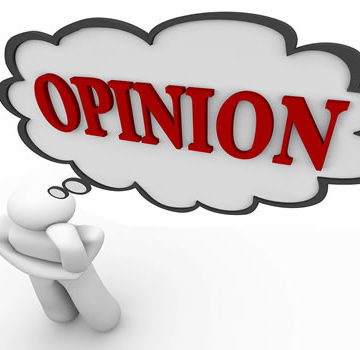
AMIDST Nigeria’s socio-economic challenges, an insidious pandemic quietly infiltrates our communities, threatening the very fabric of our nation. The Nigeria Governors’ Spouses Forum and the Senate, in separate but harmonious declarations, have sounded the alarm on the disturbing rise of drug abuse and trafficking, calling for a decisive and state of emergency. As the nation grapples with this silent epidemic, the question is: Is Nigeria ready to confront the harsh realities of a burgeoning drug crisis? With an estimated 14.3 million drug users in the country, according to recent reports, the scale of the problem cannot be overstated. These aren’t just statistics; these are lives unraveling, futures dimming, and a nation at risk of losing its youth to the clutches of addiction. The proliferation of drugs within our borders, fueled by porous entry points, transforms Nigeria into a transit hub for traffickers, exacerbating an already dire situation.
Reports indicate that in the last three years alone, the National Drug Law Enforcement Agency (NDLEA) has seized over 7,500 tonnes of narcotics, a staggering figure that should send shockwaves through the conscience of every right-thinking member of our society. This unprecedented haul is not merely a testament to the vigilance of the new NDLEA, it is a chilling revelation of the sheer volume of drugs circulating within our borders. The call for a state of emergency is not just a plea for attention, it is a desperate cry for action. The consequences of inaction are too severe to ignore. Drug abuse has become intricately linked to the rising tide of criminality, school dropouts, social and health issues, and the alarming surge in violent extremism, kidnapping, banditry, and terrorism. It is not just a public health concern; it is a threat to our national security, our economy, and the very essence of our society.
The porous borders, which facilitate the unhindered influx of narcotics, demand immediate attention and a strategic approach to bolster our national security. The NDLEA’s efforts, commendable as they are, cannot stand alone; they need the full support of the federal and state governments. The governors’ wives rightly advocate the declaration of a state of emergency as a means to mobilise the necessary resources for a coordinated and effective response.
It is not just about arresting traffickers and seizing drugs; it is about addressing the root causes, fostering good parenting, and dismantling the social and economic structures that perpetuate drug abuse. The proposal to establish standard drug rehabilitation centers across the nation, particularly in each senatorial zone, underscores the need for accessible and stigma-free treatment for those grappling with addiction. The call for a state of emergency on drug abuse is a potential turning point that echoes the urgency needed to wrest our nation from the clutches of this silent epidemic. Such a declaration signifies a seismic shift, a departure from the lethargy that has allowed the drug menace to fester unchecked. It is a clarion call to transcend bureaucratic entanglements and confront the issue head-on, mobilizing unprecedented resources and national resolve.
As we confront this silent epidemic, the narrative must shift from condemnation to compassion. Drug abuse is a symptom of deeper societal issues, and any solution must involve a holistic and empathetic approach. The senators’ suggestion to include drug education as a compulsory subject in Nigeria’s basic education is a step in the right direction, acknowledging that prevention is as crucial as intervention. Apparently, Nigeria stands at a crossroads, and the decision to declare a state of emergency on drug abuse is not just an administrative formality; it is a moral imperative. Our future as a nation hinges on our ability to confront this silent epidemic head-on, with unity, empathy, and an unwavering commitment to the well-being of our people. The time to act is now, for inaction would be a disservice to the generations that look to us for leadership and guidance.
- Yola writes in from Jimeta, Adamawa State.
Read Also: Why I became transgender — Bobrisky
Source: